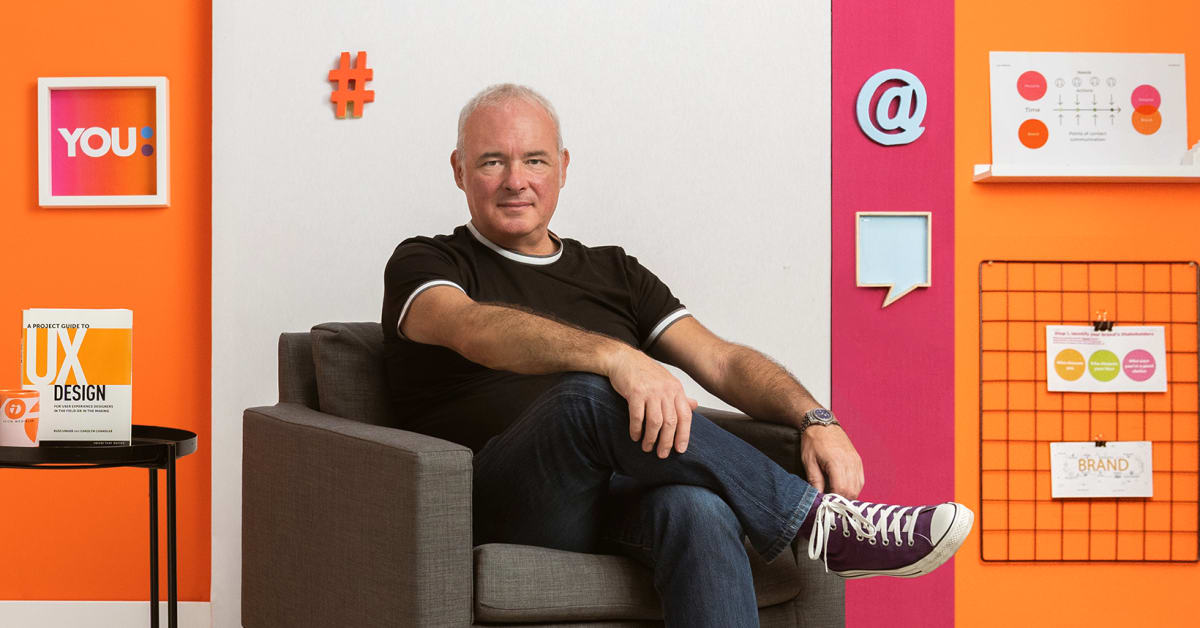Description
What exactly is "progress"? How do we know when we're progressing and when we're regressing? And how do we investigate the concept of progress in relation to public sites of memory? This Teach-Out invites you to consider what progress means and how you can find it wherever you are—in your city, community, or neighborhood—while also reflecting on your own ideas about the place you live.
Changes in our communities' built environments are the result of human actions and intentions, such as municipal planning, commercial enterprises, or communities transforming their own space. In other words, we can see the outcomes of our plans—our attempts to create and shape the future—in our cities. Neighbors, political groups, corporations, governments, schools, and other organisations all shape the community, leaving traces that show how they changed our lives.
The following questions will be addressed during this Teach-Out:
- What are the forces that shape and change the environments in which we live?
- How do people interact with places in today's cities?
- Do places evolve?
- How can we tell if there is "progress" in them?
Syllabus :
- Learning About Public Memory: Interview with Gabrielle Dudley
- Kirkwood & Edgewood: Interview with Barbara Coble
- Stone Mountain: Interview with Michael Bradley
- Plaza Fiesta: Interview with Julio Peñaranda & Vialla Hartfield-Méndez
- Understanding Conflict
- Pablo Answers Your Questions









